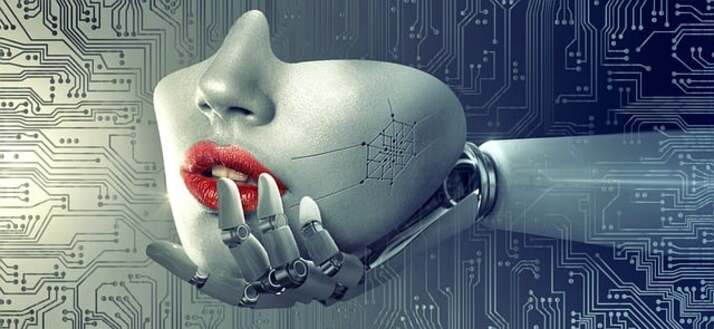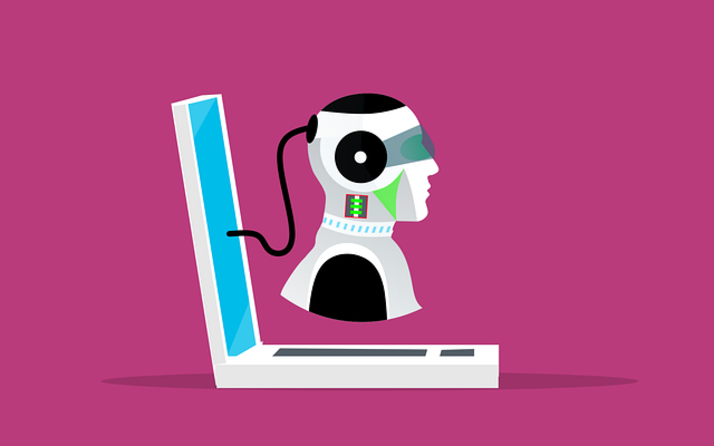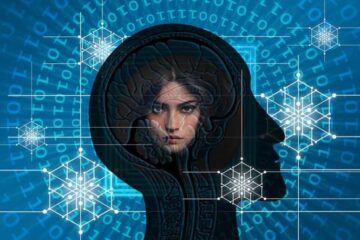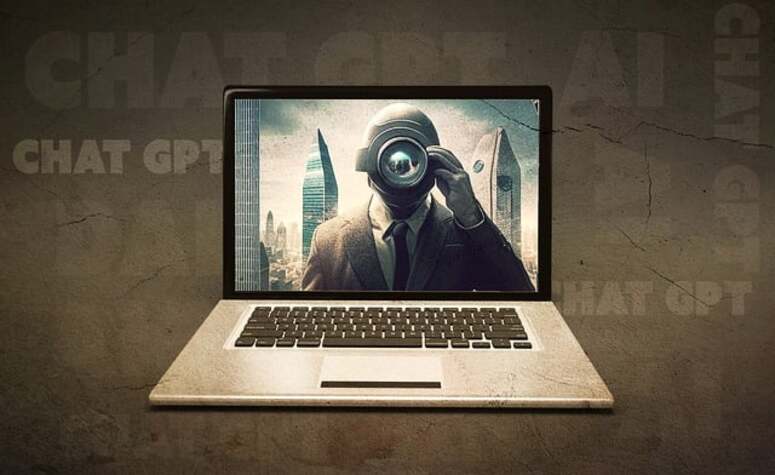
9 uses of ChatGPT in the medical sector
Artificial intelligence is currently present in most sectors of the market. In the health and medical sector, it is even particularly appreciated. Today, this sector is becoming more and more interested in AI as a solution for the development of certain activities, tasks and even daily operations. In this article, we will see in which cases and opportunities ChatGPT can be used to improve tasks in medicine.
In the creation of tools for checking symptoms
A symptom checker is a practical solution in the daily life of patients. The system of this type of tool allows a patient to know and understand the reasons for his discomfort. He can then decide whether he should go for a medical consultation or not.
Developers of AI solutions can use ChatGPT to design specific systems to check the symptoms and health problems a patient is experiencing. This type of tool also has the ability to advise the patient on what to do. This may be the steps to take to alleviate the symptoms or to move forward to achieve a cure. If the problem can be solved with self-care, the symptom checker may also offer advice on self-medication.
In the triage of subjects with health problems
An artificial intelligence tool such as ChatGPT also allows doctors and their assistants to facilitate the triage system for patients. Depending on the symptoms found and the history of the patients, in terms of health problems, it will be possible to define where to send them and how to take care of them. This will depend on the level of urgency of each case, but also on the level of severity of the symptoms found.
In decision support
Tools that use AI technology such as the ChatGPT chatbot not only help and support patients. This tool will also be beneficial for healthcare staff. It facilitates clinical decision-making. Indeed, depending on the health status of a patient or a group of patients, this AI solution can quickly advise the health staff on what to do. The decision will not be made hastily or randomly. The AI tool helps the healthcare professional to define the necessary evidence that will justify their decision-making. The aim is to improve the patient’s health status and clinical outcomes.
For example, the AI tool can flag up a potential drug interaction concern in a patient. It will also deliver a recommendation to medical staff with clear and reliable information that will reduce the risk of errors while acting quickly.
In the translation of medical terms
Medical jargon is difficult for patients to understand. This can make it difficult to comply with medical recommendations, but also to follow a specific treatment. By integrating an AI tool into the medical consultation and communication process, solutions like ChatGPT have the ability to translate technical medical terms. This allows medical staff to communicate more easily with their patients.
In the medical training curriculum
Health professionals must always be aware of new developments in the sector. This may be in terms of new technology, but also in terms of pathology and pharmacology. This can be difficult. AI solutions such as ChatGPT help them to inform themselves more quickly and even to self-educate. These tools have the ability to aggregate and synthesize a large amount of information, in real time, and provide the medical resources necessary for healthcare professionals to keep up to date with the latest information. This type of solution offers fast and accurate learning.
In virtual assistance
So far, artificial intelligence has mainly served as an assistant to human intelligence. In the medical sector, an AI tool will be more than useful as a virtual assistant. It can accompany a patient in making an appointment with his or her GP or a specialist doctor. Its action will result from an analysis of the symptoms observed in the patient. The AI solution such as ChatGPT also has the capacity to record the medical information received and to interpret it to enable the patient to follow his treatment effectively.
This is a significant development in telemedicine, as patients are less and less motivated to visit their doctor. This form of support and assistance by AI allows the consultation and monitoring of the patient at a distance.
In medical record management
Tools such as ChatGPT can automatically summarize the interviews, consultations and medical history of each patient treated by a doctor. This makes it easier to set up and access their medical records. Nurses and physician’s assistants can also feed data into ChatGPT to optimize follow-up and enable efficient management of each patient’s file. Then, for the use of the information, the doctor will only have to extract the information he or she needs to manage the patient and provide the right diagnosis and medical recommendation.
In optimizing medical reporting
Systems such as ChatGPT can also be used to produce quality reports and documentation. They inform the medical staff, but also propose relevant ideas for writing a report. This type of solution, with its rich database, will help the medical professional in the writing of clinical notes that will enrich his reports.
In the search for information on medicines
ChatGPT can also be used to find out about the specifics and use of a particular drug. The ChatGPT database is updated in real time. As a doctor or patient, you will have safe and accurate information about a drug. This makes it possible to find out about the possible risks of interaction with other medicines. The information received also includes possible side effects and recommended dosage. ChatGPT can also provide the contraindications of the product and the risks of use and overdose.
Medical staff will also know about the different drugs that have been recently introduced or withdrawn from the market. It is also possible to find out about the development of certain drug research and the evolution of the pharmacology sector.











